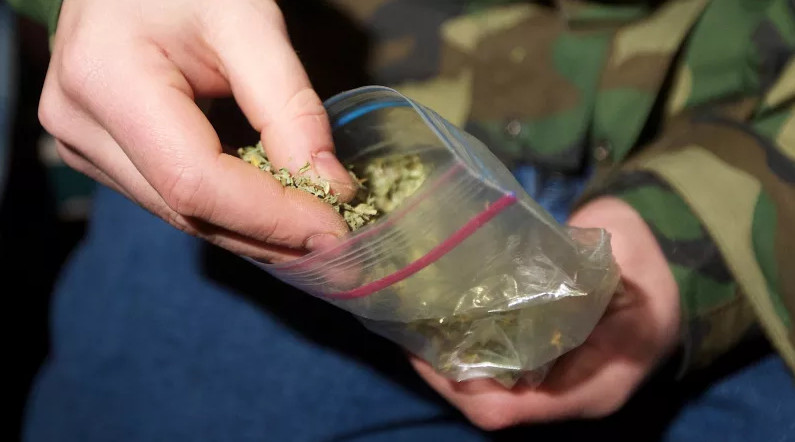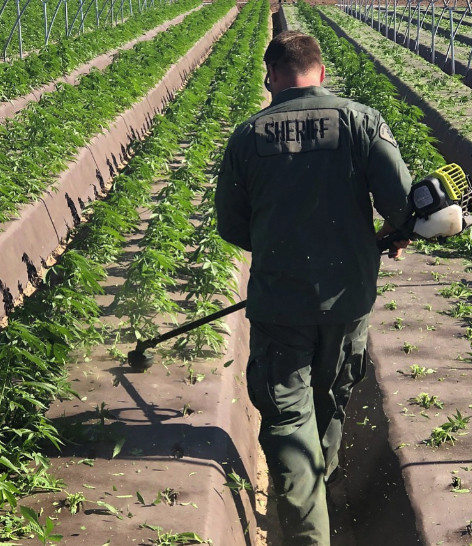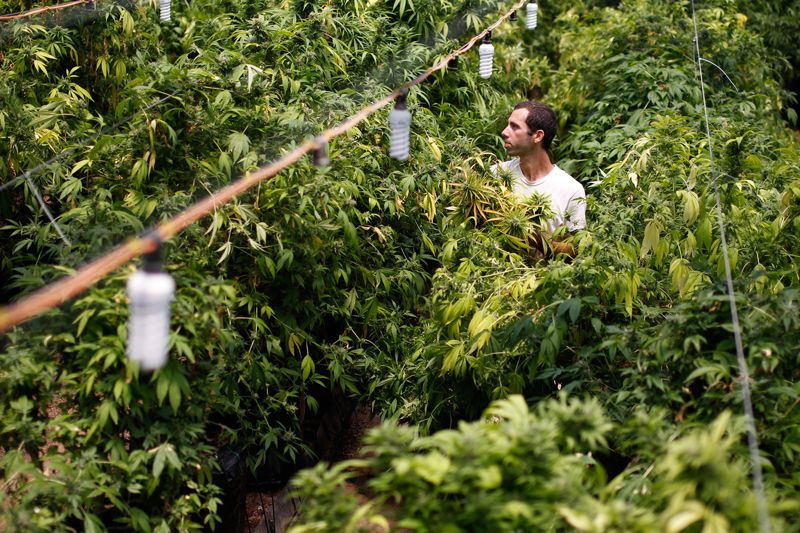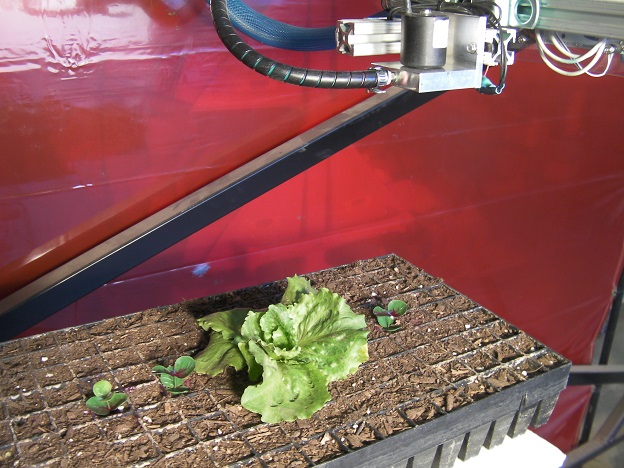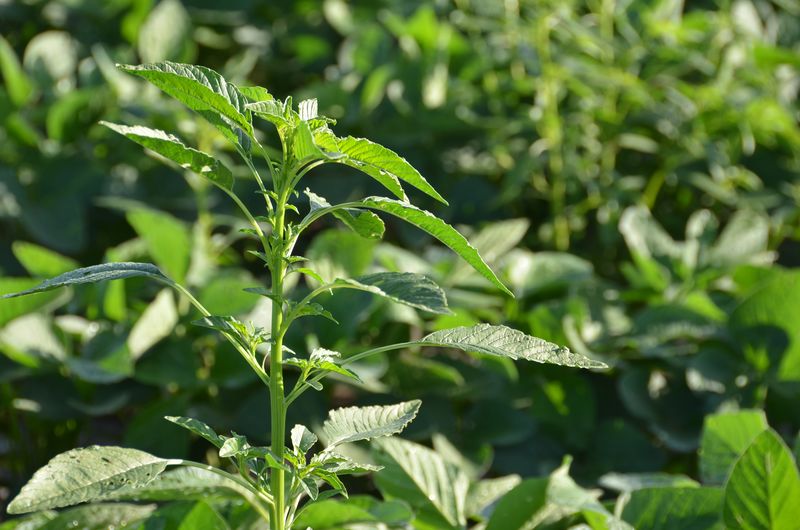When I was a 24-year-old newbie pastor I preached for the first time from the Matthew account of the parable of the sower. I came up with what I thought was an exceptionally clever title for the sermon and subsequently displayed it on the lighted 12-foot high church sign. With other more pressing issues on my mind I soon forgot about it.
Later that week there sprung a huge leak in the old church sprinkler system. The entire system had to be replaced. The company I hired came in with ditch witches and a backhoe and made a huge mess in the yard. There were large piles of sod and dirt everywhere. “This too shall pass,” I thought.
That Sunday morning before church I pulled into the parking lot and glanced up at the sign, standing tall and proud amongst little mountains of dirt. I slammed on the brakes, jerked the car into park and laughed uncontrollably for several minutes. Why? The title of my sermon was, “What Dirt Can Be Dug Up about You?”. A picture of the sign and the dug-up lawn appeared in that morning’s edition of the local newspaper. “Oh well, free publicity.”
Most of you know the Parable of the Sower found in Matthew 13: 1-9, 18-23. A sower (Jesus) went out and sowed wheat seed (the Gospel of the Kingdom). The seed landed on four different soils, each one representing our spiritual condition and correlating response to the Gospel. Some seed landed on a path and birds ate it, pointing to those who hear the Gospel but don’t accept its truth quickly, so the devil “snatches” it away from their hearts. Some seed landed on rocky ground and sprouted, but because the plants had shallow roots they were scorched by the sun (need I say more?). Then there’s the seed that landed in the thistle patch. These are the people who grab a handful of the gospel but their desire for worldly things strangles them to death.
Then there’s the good-soil seed. It lands on fallow ground and takes off, eventually producing a harvest. By God’s grace that’s your and my experience. We heard the Gospel, it rooted deep in our hearts and has been growing and producing in our lives ever since.
Jump ahead to verses 24-30. This parable is a continuation of the sower parable. Here the enemy sneaks in and sows weed seed into their good-soil, good-seed hearts. The weeds start growing and they look so much like wheat they can’t tell them apart. Plus, the weed’s roots so intertwine with the wheat roots they can’t be pulled without pulling up the wheat shoots with them. It’s at harvest-time the difference appears. The weeds have odd-looking seeds – poisonous seeds. Both wheat and weeds are harvested together and separated. Finally, the weeds are bundled and burned.
Jesus is making at least two points with these parables. One, we need to be diligent about when and where we sow the seeds of the gospel. I knew a guy in Bible college who thought it his calling to ask everyone (and I do mean “everyone”) he met if they were a Christian and if they said no, he’d proceed to tell them they were going to hell if they didn’t ask Jesus into their heart right then and there. He had virtually no success with this soul-winning plan. Several of us worked another plan, getting to know, encourage, and pray for the people we met and then share the gospel with them. We had better results.
Second, Jesus points out that the enemy attacked while the farmers slept. Therefore, we must ever be watchful of Satan’s infiltration. He wants to sow weeds into our lives – bad theology, moral relativism, sinful practices, and more. These can become so intertwined with our Christian beliefs they can be difficult to extract. And then there’s the danger of being poisoned and becoming poison to those around us.
So, let us commit to pray that God will prepare hearts for our Gospel witness and remind us to everyday “guard our hearts and minds in Christ Jesus” (Philippians 4:7).
Credit: caseynews.net

